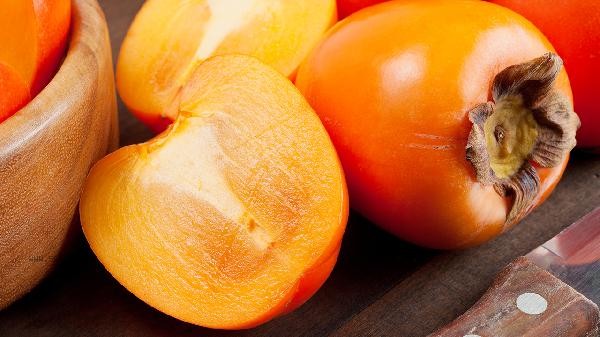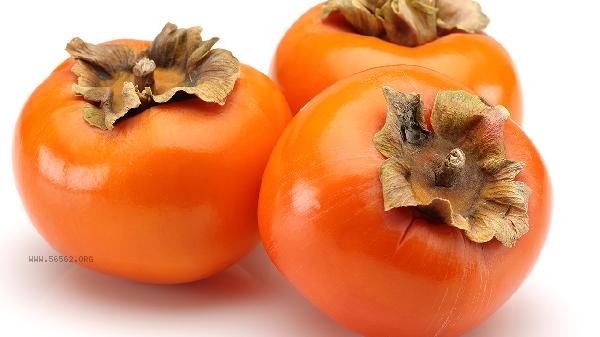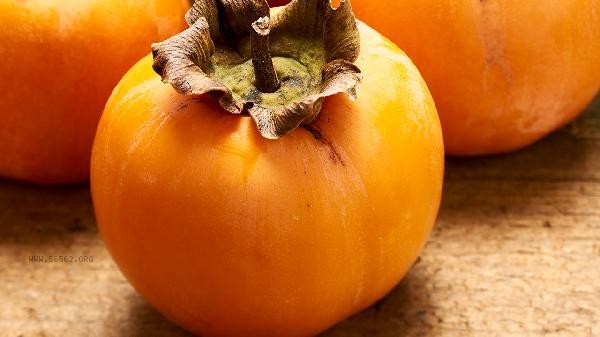Crispy persimmons are usually edible when they become astringent, but they have a poor taste and may irritate the oral mucosa. The astringency mainly comes from tannic acid, and unripe persimmons have a higher tannin content. After ripening, tannins will be converted into soluble sugars. If persimmons are only slightly astringent, they can be peeled or ripened together with fruits such as apples before consumption; If the astringency is strong and accompanied by discomfort such as numbness in the tongue, it is recommended to give up consumption. The astringency of crispy persimmons is a manifestation of the plant's self-protection mechanism, where tannic acid binds to salivary proteins to produce a sense of astringency. The tannin content of naturally ripe persimmons is usually less than 0.1%, while immature fruits may exceed 2%. Tannin degradation can be accelerated by soaking in warm water, sealing with alcohol, or freezing treatment. The traditional method of removing astringency is to store persimmons in a sealed container with fruits such as bananas and kiwis that release a large amount of ethylene. It takes about 3-5 days to remove astringency at room temperature.

Some individuals with special physical conditions should be cautious when consuming astringent persimmons. Those with weak gastrointestinal function may suffer from abdominal distension and abdominal pain due to tannin stimulation. diabetes patients should pay attention to the problem of increased sugar content after deastringency. The de astringency method of soaking in lime water in folk culture may result in residual alkaline substances, and it is not recommended to directly consume the treated fruit peel. If allergic symptoms such as redness and swelling around the lips and itching in the throat occur after consumption, immediately stop eating and rinse your mouth.

When choosing crispy persimmons in daily life, you can gently pinch the fruit, which has a slightly soft base and a high maturity of orange red skin. Avoid storing with seafood or high protein foods, as tannins can easily form stomach stones when combined with proteins. It is recommended to place the unripe persimmons in a ventilated cardboard box and regularly check the degree of softening. For spoiled persimmons with obvious black spots or alcohol flavor, even after de astringency, they are not suitable for consumption. Reasonably controlling daily intake to 1-2 and pairing with fruits rich in vitamin C can help with tannin metabolism.










Comments (0)
Leave a Comment
No comments yet
Be the first to share your thoughts!